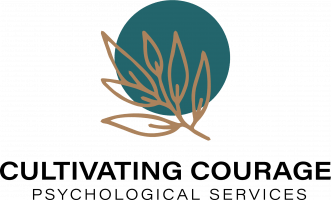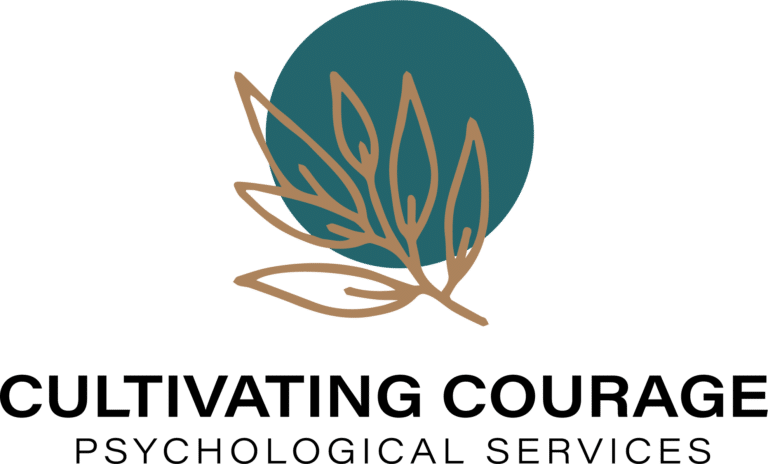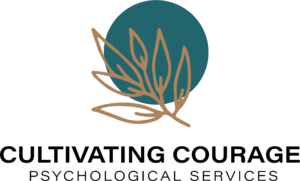I love watching art restoration videos as a form of self-care. I also find these videos can be an accurate metaphor for therapy. Just as an art conservator is working to restore the art, so is a therapist working with the client to end masking and reveal the authentic self.
One video particularly spoke to me this week (I’ll include the link below). The artwork was previously “restored” by masking the entire painting in overpaint. The conservator in the video is dedicated to restore the portrait to its original form, bringing the woman in the portrait back to her true self. The difference is striking.
You might be thinking, “what does this have to do with therapy?” Well, I’m glad you asked!
We all have a story. We also all have some understanding of who we are. Over time, and with different life experiences, you may start to mask or hide parts of yourself. This often happens at first for seemingly good reasons. However, when masking too long, it becomes problematic and the mask can no longer be taken off at will. The mask becomes a distorted identity.
Living a life that is not congruent with your values and navigating the world wearing the mask causes distress. Additionally, this distress can present in many ways, some of which include poor job performance, difficulty in relationships, irritability or mood swing, feeling overwhelmed, exhaustion, body discomfort or pain, and feeling like a supporting actor in your own story instead of the lead.
At Cultivating Courage, the work we do is always directed by the goal of helping clients get reacquainted with their authentic self and to live a value-driven life. To learn more about our philosophy, visit Our Approach blog.
When is the last time you stopped masking?
Link to video: https://youtu.be/b-p8_O1Alhk?si=Lq4leyiIR0mX4cGf



